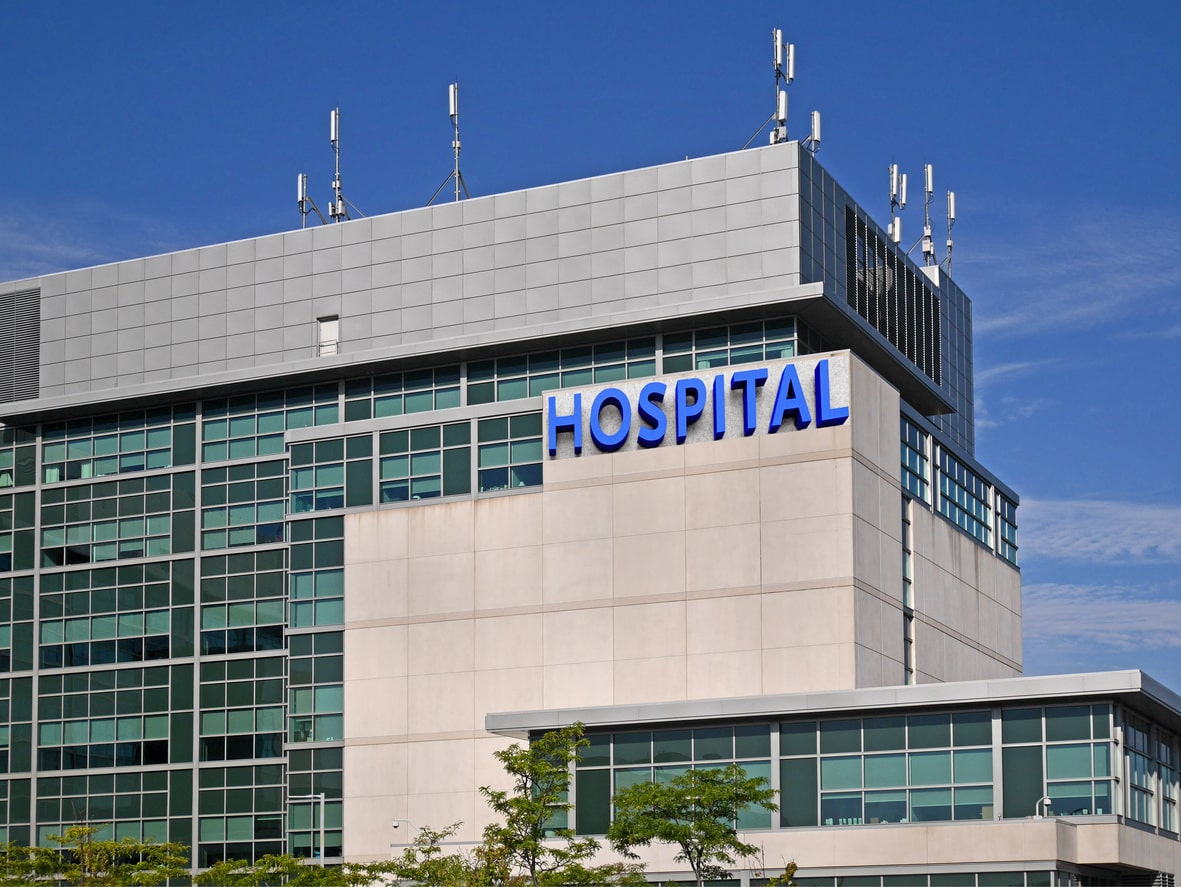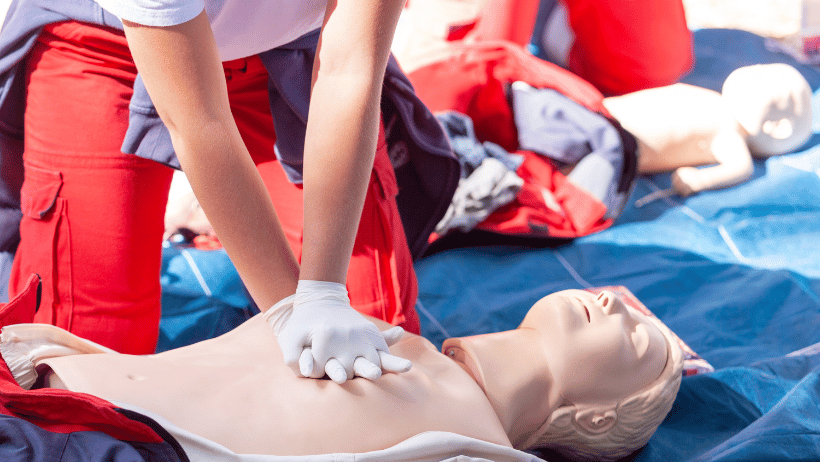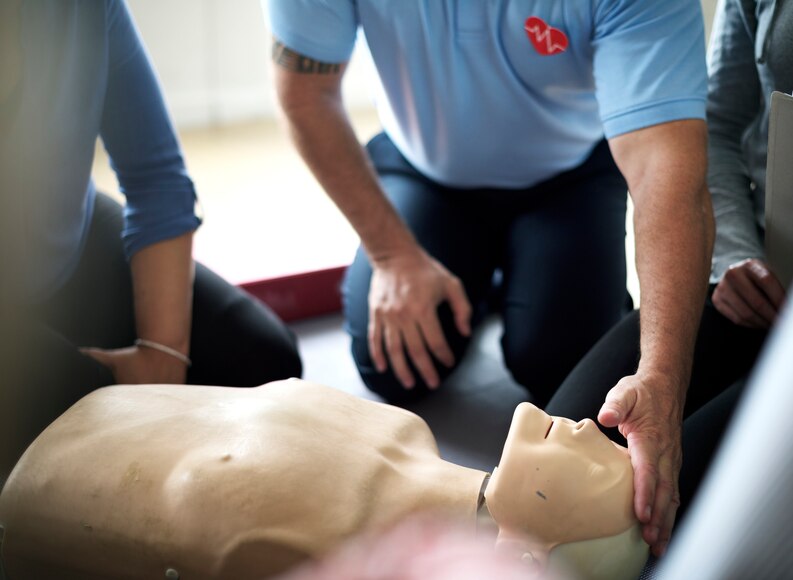Surviving a cardiac arrest is a life-changing event. The immediate aftermath of receiving Cardiopulmonary Resuscitation (CPR) can be fraught with a myriad of emotional and psychological challenges. As a survivor, it’s crucial to understand and address these issues to facilitate a holistic recovery.
The Psychological Impact of Surviving a Cardiac Arrest
Surviving a cardiac arrest is undoubtedly a cause for celebration. However, the euphoria of survival can often be overcast by a variety of psychological issues. Anxiety, depression, post-traumatic stress disorder (PTSD), and cognitive impairments are common among CPR survivors. These issues can stem from the fear of a recurring event, memory of the traumatic incident, or the physical repercussions of the event.
The Need for Psychological Support
Addressing these psychological issues is as important as the physical recovery. Psychotherapy, counseling, and support groups can play a significant role in helping survivors cope with their new reality. A multidisciplinary approach that combines medical treatment with psychological support can help ensure a comprehensive recovery.
The Role of CPR Training
While surviving a cardiac arrest can be emotionally taxing, knowing that people around you are equipped with CPR skills can provide a degree of comfort and reassurance. CPR training empowers individuals to take immediate action during a cardiac emergency, significantly increasing the survival chances.
Safety Training Seminars: Your Partner in CPR Training
Safety Training Seminars is a leading provider of CPR classes, with 45 offices located throughout Northern California. We offer high-quality, American Heart Association certified courses designed to equip you with the necessary skills to respond to cardiac emergencies confidently.
Our classes cater to everyone, including healthcare professionals, childcare providers, and laypersons. Whether you’re a survivor seeking reassurance, a loved one aiming to provide support, or just someone wanting to be prepared, our CPR classes can help you make a difference when it matters the most.
Conclusion
Surviving a cardiac event can be a daunting experience. However, with the right psychological support and reassurance of being surrounded by CPR-trained individuals, recovery can be a less intimidating journey. Enroll in a CPR class today with Safety Training Seminars and equip yourself with life-saving skills.





